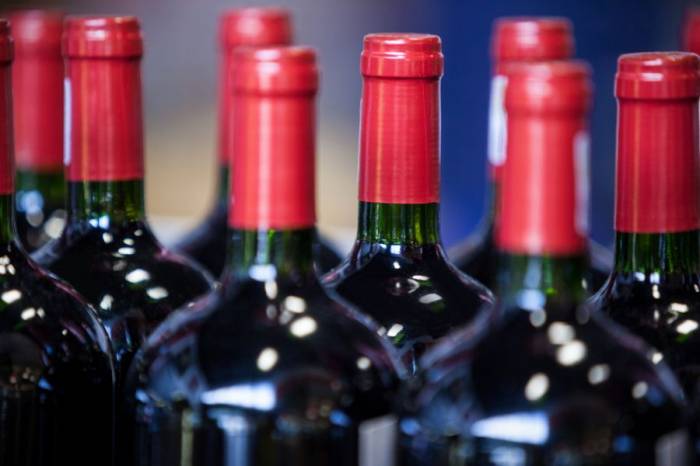
The extended producer responsibility (EPR) scheme introduced by the UK government is having an economic impact on wine importers that rivals the effect of the Trump-era tariffs, according to Marcelo Papa, technical director at Chilean wine producer Concha y Toro. Speaking during a recent visit by The Drinks Business to Chile, Papa described how both regulatory changes in the UK and the US are significantly affecting wine producers’ bottom lines.
Papa explained that the Trump tariffs imposed on imported wines have had a “big effect” on Concha y Toro’s business. The company has absorbed some of the additional costs to keep retail prices stable for consumers. “The price of a bottle on the gondola end needs to be the same,” he said, referring to shelf prices in stores. He noted that there is little producers can do in response to such tariffs, as all companies are affected equally and policy changes can happen with little warning.
Drawing a parallel with the UK’s EPR legislation, Papa said that its economic impact will be similar to that of the US tariffs. Concha y Toro exports about 7 million cases of wine annually to the UK, which represents roughly 10% of the total UK wine market, estimated at 72 to 80 million cases per year.
The EPR scheme shifts the financial responsibility for packaging waste from taxpayers to businesses that place packaged goods on the market. It applies to UK-based companies with annual turnovers of at least £1 million and handling more than 25 tonnes of packaging per year. The scheme covers all types of packaging materials, including aluminum, plastic, cardboard, wood, and glass. However, glass packaging is expected to be most affected because fees are calculated by weight.
In June, after months of uncertainty and complaints from businesses about difficulties in planning for the new rules, the UK government published its final EPR fee figures. The provisional fee for glass was initially set at £240 per tonne but was later reduced to £192 per tonne. Despite this reduction, industry groups such as the Wine and Spirit Trade Association (WSTA) have criticized the fees as still being excessively high for glass packaging. Final modulated fees based on recyclability will not be announced until after April 2026.
Papa also addressed another regulatory change affecting wine imports into the UK: new duty banding based on alcohol by volume (abv). He said Concha y Toro’s experience in lowering abv levels for key products in Nordic markets about a decade ago helped prepare them for similar adjustments required by UK regulations. For example, Casillero del Diablo Cabernet Sauvignon remains popular in Nordic countries despite lower abv levels, which gave the company confidence to make similar changes for the UK market.
The combination of EPR fees and new duty banding rules is forcing wine producers like Concha y Toro to adapt their strategies for major export markets. These regulatory changes come at a time when global supply chains are already under pressure from inflation and shifting trade policies. For now, producers are watching closely as governments finalize details and announce further changes that could affect costs and pricing in key markets.

Dining and Cooking